Indy Autonomous Challenge Powered by Cisco Race at the Texas Motor Speedway
As the world’s only fully autonomous racing competition, the Indy Autonomous Challenge (IAC) series defies industry boundaries through connecting and advancing autonomous technology, STEM education, and racing. During the series of challenges, university teams from around the world compete to increase the safety and performance of fully autonomous vehicles using advanced driver-assistance systems.
The most recent race completed on November 11, 2022, the IAC Powered by Cisco race at the Texas Motor Speedway was the most difficult race of the series, with only six teams successfully qualifying to compete. Beginning in October 2021, each race gets increasingly difficult with head-to-head passing intensifying until one or both cars are unable to successfully complete a pass. Holding the title as the fastest autonomous vehicles in the world, the challenge has set the land speed record at 192.2 MPH.
A key component to an event of this caliber is sponsorship. Cisco — a leader in Internet technology — is a top sponsor for IAC. Passionate about investing in innovation, the next generation’s STEM abilities, and an autonomous future, Cisco revels at the idea of testing their technology to the extreme and looks to break into other industries, like high-speed rail, mining, and manufacturing. Ultimately, Cisco sees this sponsorship as an investment in a future with full autonomy with safety at its core.
Grant Harrell, Host of MarketScale’s “Are We There Yet?” video podcast series spent November 11, 2022 at the track, and this exciting episode features footage of this incredible race, interviews with a few of the teams competing, and interviews with IAC President Paul Mitchell, and Cisco Vice President, Industry Solutions Group – Cisco Marketing Wes Sylvester.
Interested in learning more? Read more about the November IAC exciting results, and learn how Cisco can help your company.




